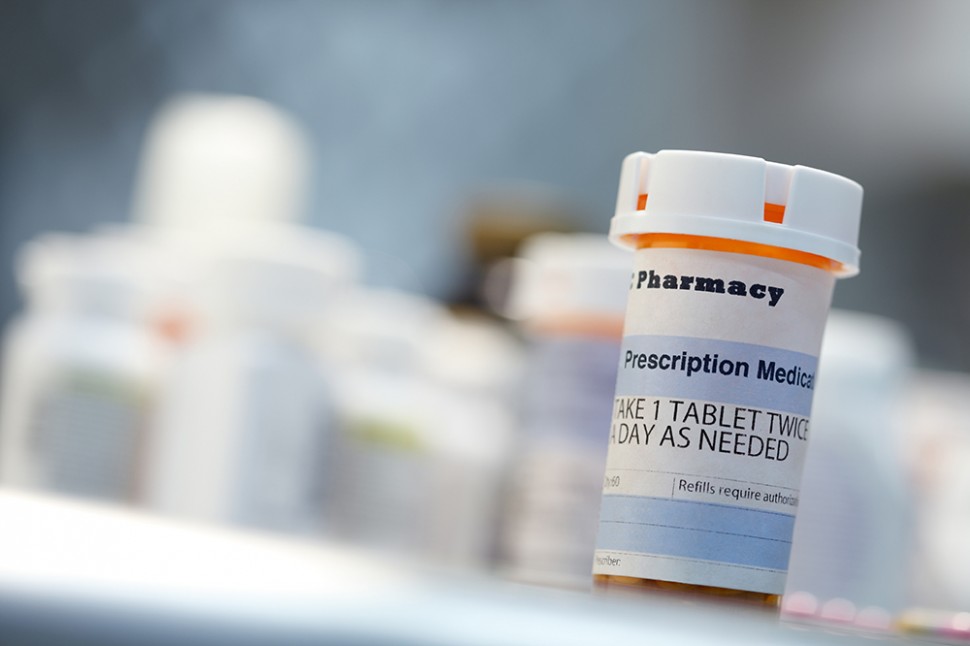CHICAGO - A daylong symposium at Northwestern University Pritzker School of Law in Chicago will bring together scholars, policy experts and health professionals to focus on the growing crises of opiate consumption in neighborhoods and cities around the country.
“The Opioids Epidemic: An Interdisciplinary Approach” will take place Thursday, Oct. 20, beginning at 9 a.m. in Lincoln Hall, Room 104, in Levy Mayer Hall, 357 E. Chicago Ave., on the University’s Chicago campus.
The opioids epidemic represents a complex and multifactorial modern public health challenge that touches on a variety of areas, including criminal law, pain management, addiction response and collaborative responses.
“A cohesive approach integrating medicine, law, national policy and community-based interventions is essential to address the opioids issue,” said Juliet Sorensen, the Harry R. Horrow Professor in International Law at Northwestern and director of the Northwestern Access to Health Project.
“The symposium aims to bring together a range of experts across disciplines to provide insight, fresh perspective and opportunities to collaborate in combatting the effects of this devastating epidemic.”
Featured speakers include Dr. Richard Miller, Alfred Newton Richards Professor of Pharmacology and Interdepartmental Neuroscience at Northwestern University Feinberg School of Medicine; Dr. Gregory Teas, psychiatrist, Alexian Brothers Behavioral Health Program; Dr. Patrice A. Harris, chair of the American Medical Association Board of Trustees; Dr. Shana L. Margolis, Rehabilitation Institute of Chicago; Stephen R. Patton, Corporation Counsel for the City of Chicago; and Zachary Fardon, U.S. Attorney, Northern District of Illinois.
See symposium schedule for a complete list of speakers.
Once considered purely a medical pursuit, global health research has enjoyed phenomenal gains over the past 25 years, due in large part to the understanding that good governance, effective economic infrastructures and functional legal systems are critical to solving a varied set of problems, Sorensen said.
A number of Northwestern organizations including the NU Access to Health Project, Pritzker School of Law and the program in public health are co-sponsoring the event.
The symposium is free to attend, but registration is strongly encouraged and mandatory for those who wish to receive continuing legal education (CLE) credit.
For more information, including a complete schedule of the symposium, visit http://globalhealthsymposium.northwestern.edu.


